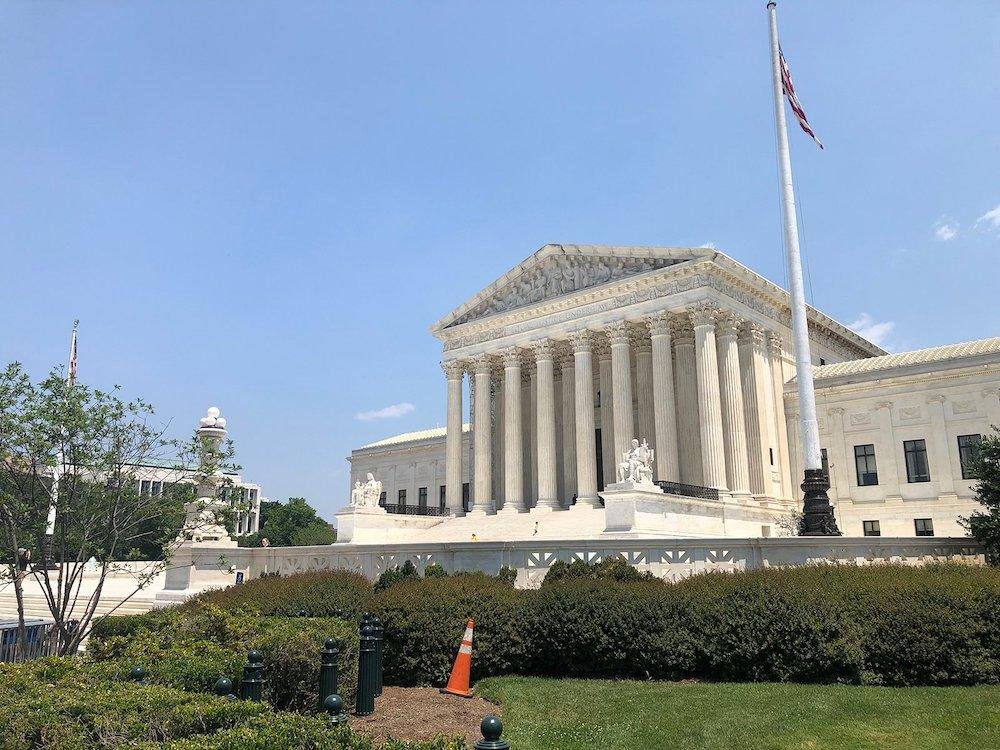family
Conservative Justices Signal Concerns About Gender-Affirming Care for Transgender Teens

The U.S. Supreme Court seems poised to uphold Tennessee’s ban on gender-affirming care for transgender minors, based on discussions during a session on Wednesday. The court’s conservative justices expressed skepticism regarding the necessity and effectiveness of such medical interventions.
Chief Justice John Roberts raised concerns about the court’s role in addressing complex medical and societal issues, suggesting it may be more appropriate to leave decisions about transgender rights to state legislatures. His remarks reflected a hesitancy among the justices to assume the national mantle for these contentious debates.
Justice Samuel Alito pointed to contrasting medical guidelines from the U.K. and Sweden, which characterize the risks of transition care for minors as potentially outweighing the benefits. He referenced the Cass Review, which concluded that there is insufficient evidence linking gender-affirmative treatments to reduced suicide rates among transgender youth. Alito criticized the Biden administration for downplaying this report’s significance.
Major medical associations in the U.S. advocate for gender-affirming care as essential for the well-being of children experiencing gender dysphoria. Nevertheless, the Biden administration has acknowledged uncertainties surrounding the safety of such treatments for minors.
U.S. Solicitor General Elizabeth Prelogar argued that the judiciary holds a responsibility to scrutinize state laws to ensure constitutional compliance, even if the case involves medical regulations. Tennessee’s Senate Bill 1, enacted in 2023, prohibits health care providers from supplying puberty blockers or hormones to minors seeking gender transition.
Three transgender minors, their families, and a doctor from Memphis have challenged the ban’s constitutionality, prompting the Biden administration to support their case. The Sixth Circuit has previously reversed a lower court’s ruling that deemed Tennessee’s law unconstitutional, arguing for a higher standard of scrutiny.
Justice Brett Kavanaugh questioned the necessity of judicial intervention, suggesting that the presence of conflicting scientific arguments should defer the issue to the democratic process. In contrast, Justice Sonia Sotomayor emphasized the historical failure of legislatures to protect minority groups, citing examples of systemic discrimination.
Chase Strangio of the ACLU, representing the minors, highlighted the daunting landscape for transgender individuals seeking protection in a politically charged environment. His comments underscored the challenges they face in advocating for their rights amid legislative constraints.
Justice Ketanji Brown Jackson voiced apprehension about regressive arguments reminiscent of the mid-20th century that foster harmful classifications. Tennessee’s defense framed its ban as a traditional regulation of medical care rather than a discriminatory measure. This assertion was met with skepticism from several justices, including Justice Elena Kagan, who pointed out that the law targets transgender youth and reflects a viewpoint that undermines their rights.
Tennessee’s legal representatives argued that interventions have historically been required to safeguard children from widely accepted yet harmful medical practices. Meanwhile, the Biden administration warned that such arguments could lead to wider bans affecting transgender adults as well.
Legal experts suggest that if the court acknowledges the law as a sex-based classification, heightened scrutiny may be warranted, potentially remanding the case for deeper examination by the Sixth Circuit.


















